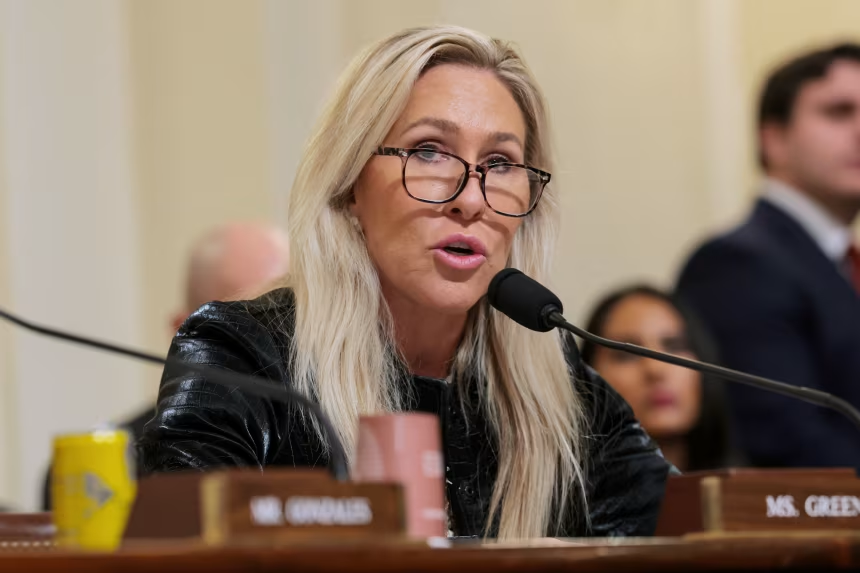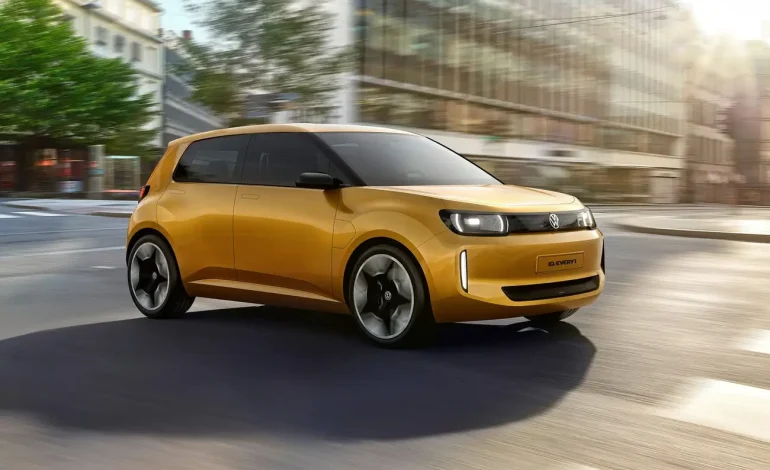Volkswagen and Rivian have announced a partnership to develop one of the most affordable electric vehicles on the market — the $22,500 ID Every1 — aiming to show that low-cost electric cars can still offer advanced technology, Business Insider reports.
The compact hatchback, set to launch in Europe by 2027, will be Volkswagen’s cheapest EV to date. At around 20,000 euros ($22,500), the ID Every1 represents a key step in both companies’ shared goal of making electric vehicles more accessible without reducing their technological capabilities.
According to Wassym Bensaid, Rivian’s Chief Software Officer, affordability does not have to come at the cost of innovation.
“Inexpensive cars shouldn’t have low technology,” Bensaid told Business Insider, emphasizing that the joint venture with Volkswagen was designed to scale advanced tech into a broader range of vehicles.
Volkswagen and Rivian formed their partnership last year, with VW committing more than $5 billion to the collaboration. The two companies also launched a joint venture focused on developing next-generation EV platforms and software, led by Bensaid and Volkswagen’s Carsten Helbing as co-CEOs.
The ID Every1 will feature Rivian’s centralized software architecture, a system that reduces the need for multiple electronic control units by consolidating various functions — such as lighting, door controls, and seating — into a single computing platform. This streamlined design is expected to help lower production costs while maintaining a high-tech user experience.
While the ID Every1 will be the first Volkswagen model to integrate this software, it won’t be the first vehicle overall. That milestone belongs to Rivian’s upcoming R2, which is slated for release in 2026.
Bensaid described the ID Every1 project as personally meaningful, saying it represents a significant opportunity to bring premium technology to a broader market segment.
The move comes amid growing interest in affordable EVs. Earlier this year, startup Slate Auto revealed a $25,000 electric pickup truck for the US market, which takes a very different approach — focusing on simplicity and omitting features like power windows and infotainment systems to keep costs down. Despite the minimalist design, Slate reportedly received 100,000 refundable reservations within two weeks.
Bensaid acknowledged the appeal of various market strategies but emphasized that Rivian is committed to delivering affordable EVs with robust features.
“We would like to enable choice for customers but without such severe compromise in terms of the overall experience,” he said.










The latest news in your social feeds
Subscribe to our social media platforms to stay tuned